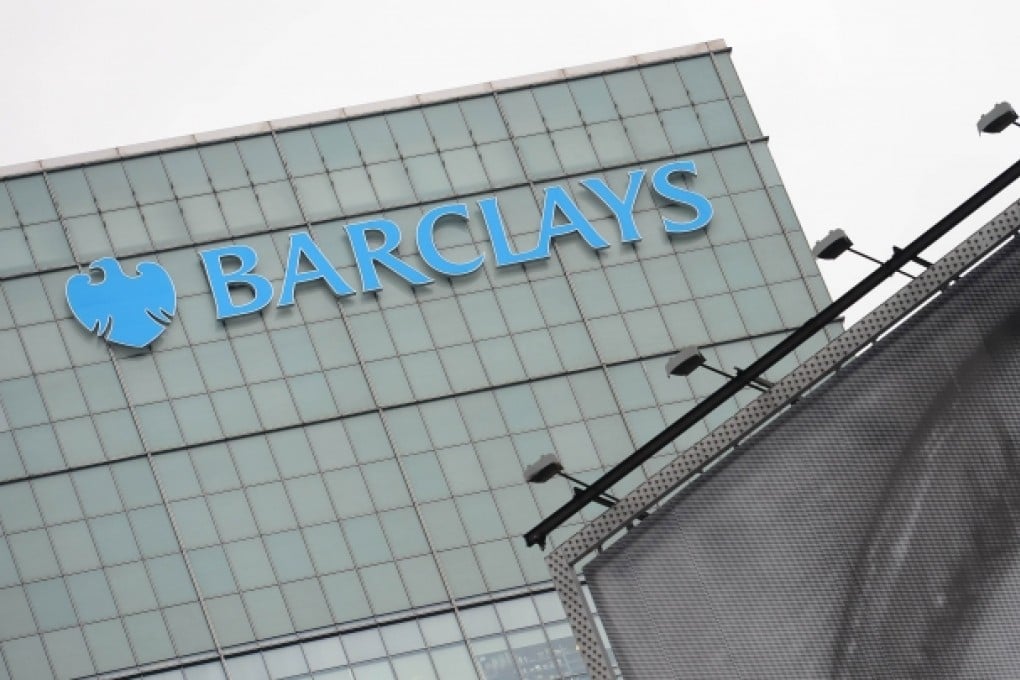Wealth Blog | Defeated by a Barclays press release
Every time an excited press release arrives about a new report from a public relations or corporate communications executive representing a private bank, my hopes rise. Please, please may this one contain some nugget of inspiration I can tease into something interesting.

Every time an excited press release arrives about a new report from a public relations or corporate communications executive representing a private bank, my hopes rise. Please, please may this one contain some nugget of inspiration I can tease into something interesting. But rarely am I rewarded for ploughing through the “revelations” about the amazing habits of High Net Worth Individuals (HNWI) as the Wealth Management industry calls them. You wonder how anyone became and stayed rich before private bankers were invented. But I digress. I remind myself, again, to try to take them seriously, because maybe one will surprise me, and who knows when I may need to forsake journalistic poverty and go over to what we hacks call the dark side, in search of enough money to pay the school fees.
And sometimes I show will and trudge along to the actual press conference. But last time Swiss bank UBS invited me, they conducted the proceedings in Chinese. No advance warning, no translation. Maybe it was revenge for my questioning the need for UBS to keeps its vast art collection during the bank bailouts. Better forget that job in bank corp coms after all.
Wednesday's offering comes from Barclays Wealth Insights: Origins and Legacy: The Changing Order of Wealth Creation. Deep breath. These days rich folks take less than 20 years to amass their fortunes, it reveals.
I’m not sure why this is riveting, but “Ogilvydo” must think so. What am I missing? This in-depth survey of 2,000 rich people must reveal something. But realistically, would rich clients spill the beans, knowing it would be published? Highly unlikely. The seriously wealthy are usually very private.
So I learn that four out of five wealthy people globally made loot via profits from property and that 21 per cent inherited their money. What would be interesting is how many of the Hong Kong tycoons rolled up their sleeves and built their empires from scratch. But this seems to be a “global” figure.
Another startling statistic is that two-thirds (62%) of HNWIs who give to charity are prompted by duty or responsibility, compared to 27 per cent who say that it brings them personal fulfilment. There’s no clue what motivates the other 11 per cent – the interesting ones.
This is “in-depth study into how wealth is now being made, spent and shared across the world,” reveals that wealth is being created more quickly today than in the past, with 30 per cent of Hong Kong’s HNWIs saying that they have experienced a five-fold increase in their wealth over their lives so far and 38 per cent seeing increases in their wealth during the recent economic downturn. Lights go on in my head. This is interesting. How did they make money in the slum? Not explained.
